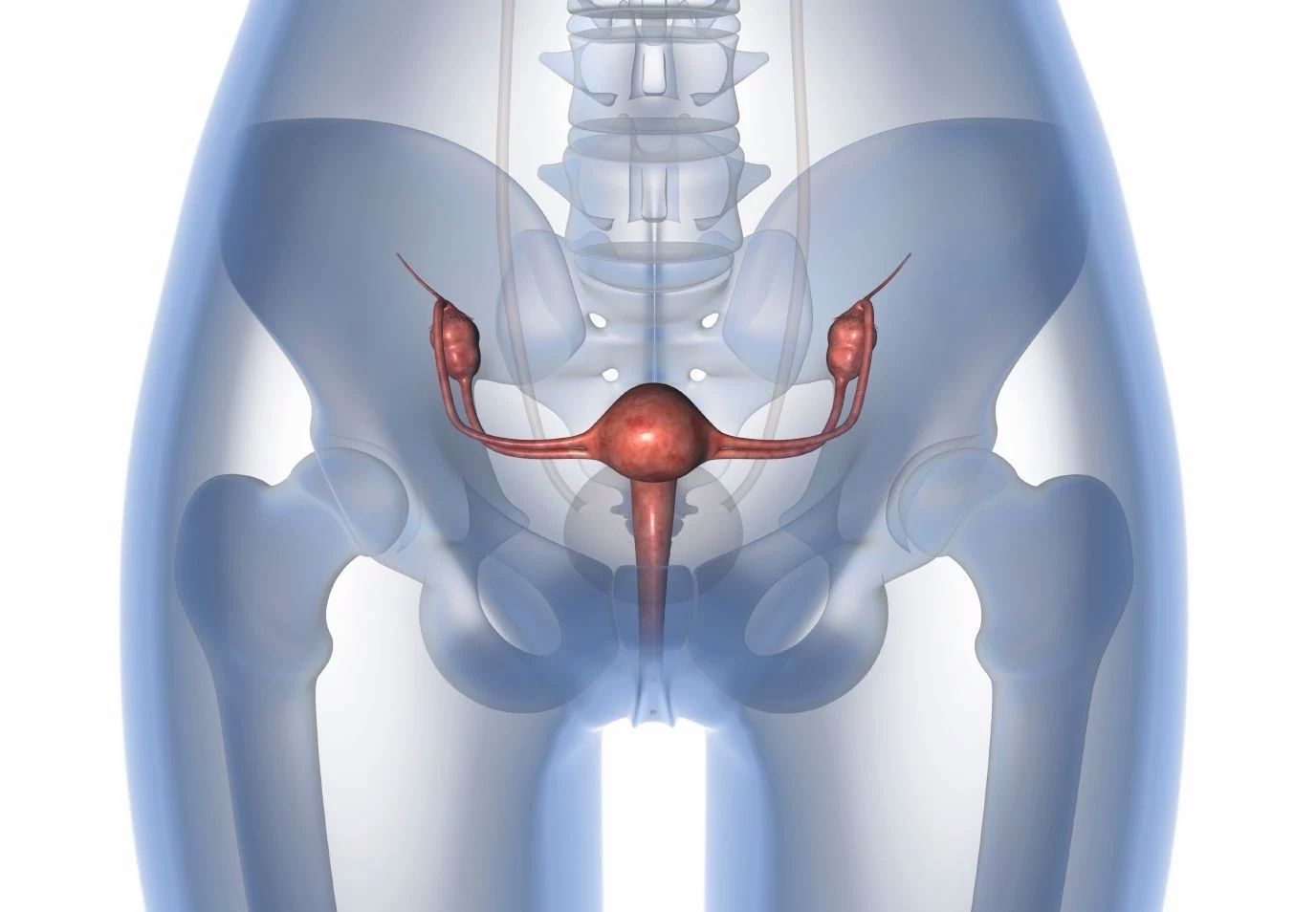Atezolizumab/Chemo Provides PFS Benefit in Advanced Endometrial Cancer
Investigators report a trend in overall survival improvement among patients with advanced/recurrent endometrial cancer treated with atezolizumab and chemotherapy.
“[The] AtTEnd [trial] confirms the outstanding efficacy of immune checkpoint inhibitors—including PD-L1 inhibitors—in combination with chemotherapy in patients with advanced/recurrent endometrial carcinoma, particularly in those with dMMR status,” according to Nicoletta Colombo, MD, PhD.

The progression-free survival (PFS) benefit of atezolizumab (Tecentriq) and chemotherapy in patients with advanced/recurrent endometrial cancer extended to both the all-comer and mismatch repair deficient (dMMR) cohorts, according to data from the phase 3 AtTEnd study (NCT03603184) presented at the 2023 Annual Global Meeting of the International Gynecologic Cancer Society (IGCS).
At a median follow-up of 26.2 months, the median PFS in the dMMR population was not estimable (NE; 95% CI, 12.3-NE) among those treated with atezolizumab compared with 6.9 months (95% CI, 6.2-9.0) in those who received placebo (HR, 0.36; 95% CI, 0.23-0.57; P = .0005). In the all-comer population, the median PFS was 10.1 months (95% CI, 9.4-12.3) vs 8.9 months (95% CI, 8.1-9.6) in each respective arm (HR, 0.74; 95% CI, 0.61-0.91; P = .0219); the median follow-up was 28.3 months.
Additionally, the median overall survival (OS) in the all-comer population was 38.7 months (95% CI, 30.6-NE) among those treated with atezolizumab vs 30.2 months (95% CI, 25.0-36.1) in the placebo arm (HR, 0.82; 95% CI, 0.63-1.07; P = .0483). The data maturity was 43%. Subsequent immunotherapy was given in 9.0% and 24.3% of patients, respectively.
The median OS was NE (95% CI, NE-NE) and 25.7 months (95% CI, 13.5-NE) in each respective treatment arm among those with dMMR disease (HR, 0.41; 95% CI, 0.22-0.76); subsequent immunotherapy was administered in 6.2% and 40.9% of patients, respectively.
In the MMR proficient (pMMR) group, the median PFS was 9.5 months (95% CI, 9.0-10.4) compared with 9.2 months (95% CI, 8.5-9.9) in the experimental and control arms, respectively (HR, 0.92; 95% CI, 0.73-1.16). Additionally, the median OS in each respective arm was 31.5 months (95% CI, 25.0-38.9) vs 28.6 months (95% CI, 22.4-37.2; HR, 1.00; 95% CI, 0.74-1.35).
“[The] AtTEnd [trial] confirms the outstanding efficacy of immune checkpoint inhibitors—including PD-L1 inhibitors—in combination with chemotherapy in patients with advanced/recurrent endometrial carcinoma, particularly in those with dMMR status,” lead study author Nicoletta Colombo, MD, PhD, director of the Medical Gynaecologic Oncology Division at the European Institute of Oncology (IEO) in Milan, Italy, and an associate professor of Obstetrics and Gynaecology at the University of Milano-Bicocca, said in a presentation.
The study included patients who had stage III/IV newly diagnosed or recurrent endometrial carcinoma or carcinosarcoma that was not previously treated with systemic chemotherapy. Among those with recurrent disease, 1 prior line of treatment with a platinum-based regimen was allowed provided that they had a platinum-free interval of 6 months or more. An ECOG performance status of 0 to 2 and adequate organ function and bone marrow were required.
A total of 551 patients were randomly assigned 2:1 to receive either 1200 mg of atezolizumab plus 175 mg/m2 of paclitaxel and carboplatin at an area under the curve of 5 or 6 followed by maintenance atezolizumab, or the same chemotherapy backbone plus maintenance placebo.
Patients were stratified based on country, histotype, recurrent/newly diagnosed disease status, and pMMR vs dMMR vs non-evaluable status.
Any-grade adverse effects (AEs) occurred in 98.6% of patients in the atezolizumab arm and 100% of those in the placebo arm; grade 3 or higher AEs were reported in 25.8% vs 14.1% of those in each respective arm.
Reference
Colombo N, Harano K, Hudson E, et al. Phase III double-blind randomized placebo-controlled trial of atezolizumab in combination with paclitaxel and carboplatin in women with advanced/recurrent endometrial cancer: ENGOT-en7/MaNGO/AtTEnd study. Presented at the 2023 Annual Global Meeting of the International Gynecologic Cancer Society; November 5-7, 2023; Seoul, South Korea.
Belzutifan Improves PFS Across Subgroups for Advanced ccRCC
July 12th 2024“In LITESPARK-005, PFS and response rates favored belzutifan vs everolimus across [several patient subgroups, including] IMDC risk, number of prior lines [of therapy], and number of prior VEGF TKIs, specifically,” said Laurence Albiges, MD, PhD.